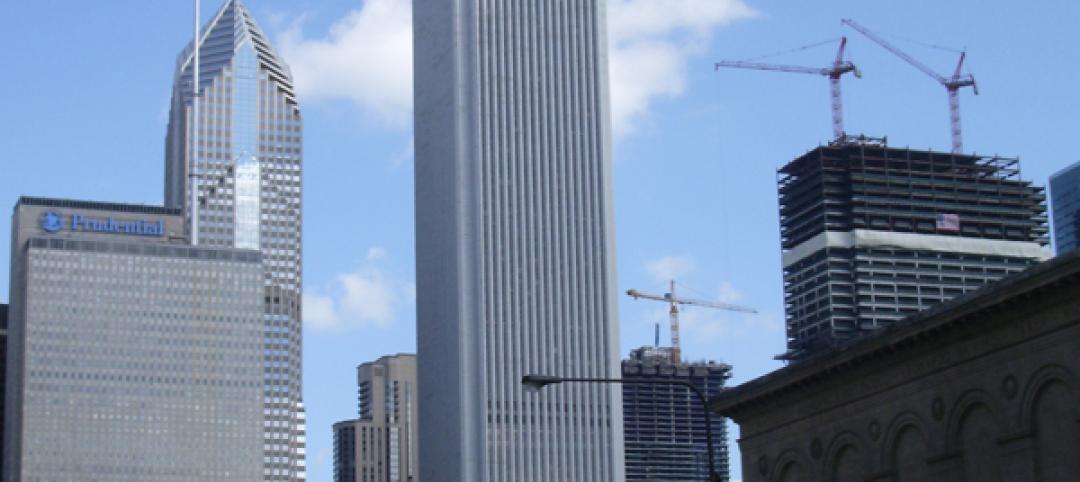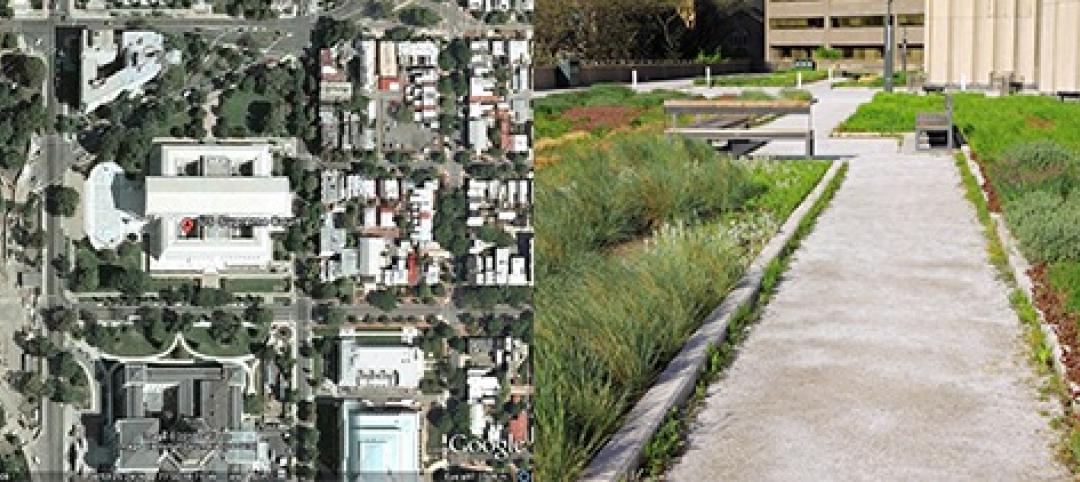The Bi-national Softwood Lumber Council recently released the Nail-Laminated Timber (NLT) U.S. Design and Construction Guide.
The first-of-its-kind manual for the U.S. design and construction community was conceived and prepared by practitioners dedicated to advancing high-quality timber construction across industries, typologies, and geographies. Available for free download at reThinkWood.com, the guide provides direction to ensure safe, predictable, and economical use of NLT.
The document also offers practical strategies and guidance, including lessons learned from real-life projects. It is consistent with current codes and standards, including the 2015 International Building Code.
The guide focuses on design and construction considerations for horizontal NLT applications pertaining to U.S. construction practice and standards. Unlike other mass timber products, NLT does not require a unique manufacturing facility and can be fabricated with local dimension lumber for use in applications across sectors and building types. “Nail-laminated timber is a cost-effective solution for those looking to leverage the economic and environmental benefits of mass timber construction,” said Cees de Jager, General Manager of the Bi-national Softwood Lumber Council.
“While NLT has been incorporated into U.S. building codes for decades, available resources are dated and have been focused on prescriptive, rather than engineered applications," said Rebecca Holt, of Perkins + Will.
Related Stories
| Apr 18, 2014
Massachusetts Supreme Court clarifies building code liability issue on mixed-use projects
The Massachusetts Supreme Judicial Court recently ruled that distinct portions of a mixed-used building may be treated as distinct and different structures under the state building code.
| Apr 18, 2014
First international buildings among 700-plus certified by BOMA 360 Performance Program
In the first quarter of 2014, the Building Owners and Managers Association (BOMA) International certified 66 properties in the BOMA 360 Performance Program for commercial real estate markets across the U.S and, for the first time, abroad.
| Apr 16, 2014
OSHA proposes $2.3 million in fines against Olivet Management for exposing workers to asbestos and lead
Olivet Management LLC, a real estate development and management company, faces $2.3 million in proposed fines from the Occupational Safety and Health Administration.
| Apr 10, 2014
Green Building Certification Institute partners with Well Building Institute on standard
The Green Building Certification Institute (GBCI), which administers third-party certification for the LEED standard, and the Well Building Institute will collaborate to promote the WELL Building Standard.
| Apr 10, 2014
OSHA’s construction safety advisory committee invites input on construction regulations
The Occupational Safety and Health Administration will hold a meeting of the Advisory Committee on Construction Safety and Health May 7-8, 2014, in Washington, D.C.
| Apr 10, 2014
ASTM’s International Standards in Building Codes now available in DVD and online
The compilation ASTM Standards in Building Codes contains more than 1,300 ASTM construction specifications, practices and test methods, and is now available in DVD and online.
| Apr 10, 2014
New California energy code requires building systems to be ready for demand response energy management
Starting in June, California’s latest version of its Title 24 building code kicks in, requiring several systems come with demand response capability.
| Apr 4, 2014
Green Building Initiative moves to include locally sourced materials in Green Globes
The Green Building Initiative group based in Portland, Ore., met with the Department of Agriculture on a plan to include locally sourced materials in its green building standards.
| Apr 4, 2014
White roofs outperform green roofs in reducing heat-island effect, says Lawrence Berkeley Lab
A new report from LBNL says that white roofs are three times more effective than green roofs at “cooling the globe.”
| Apr 4, 2014
ASHRAE standard aims for consistency in measuring building energy use
The standard answers such questions as: Should the measurements of a building’s area used in the equation to derive energy use per square foot be taken from the exterior dimensions or to the centerline of the wall? And, should storage spaces be included even though they are unoccupied?












